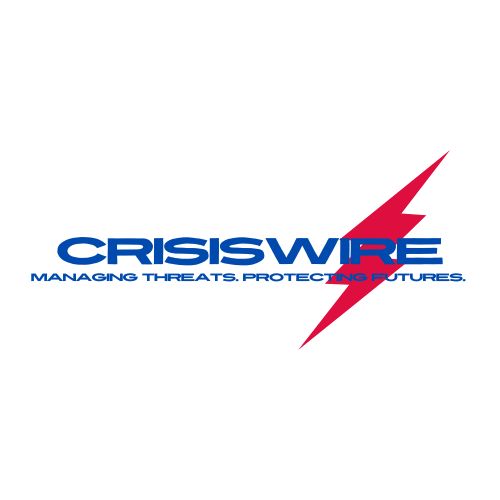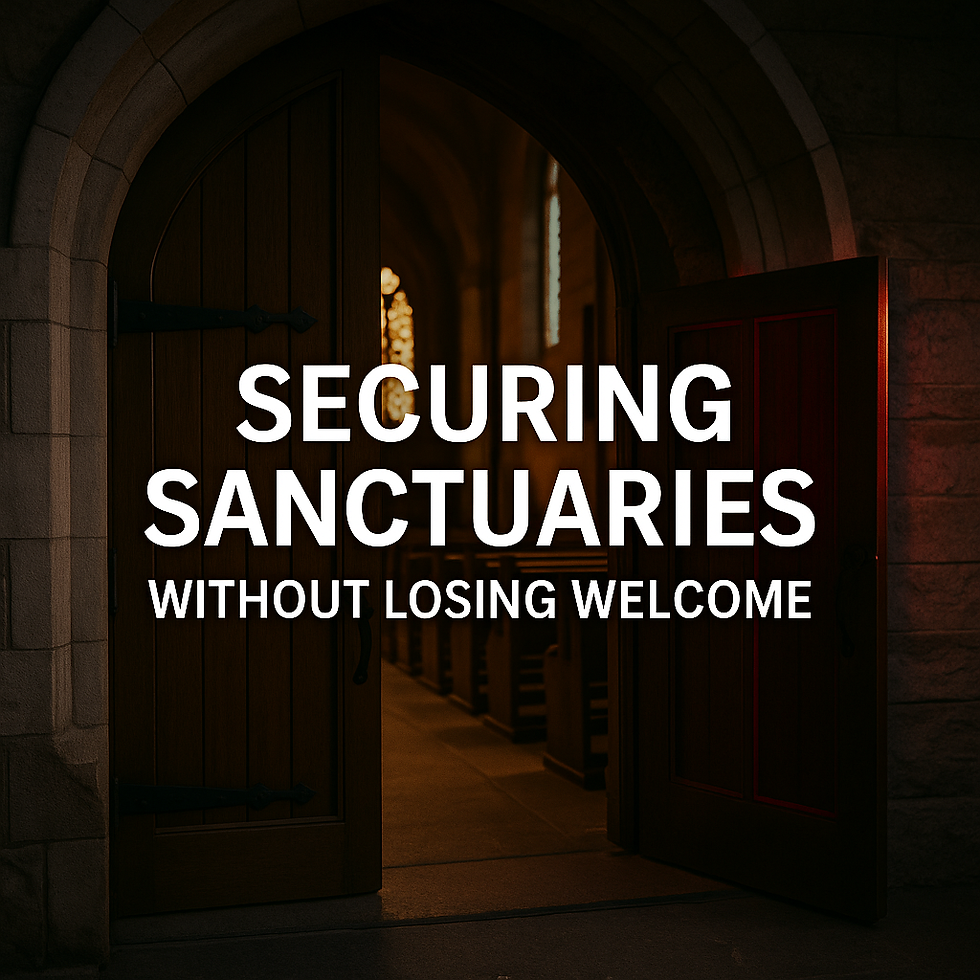Hotel Security Vulnerabilities: How Guests and Staff Can Be at Risk
- CrisisWire

- Sep 28, 2025
- 3 min read
Hotels are designed to be welcoming spaces, offering comfort and convenience to travelers. Yet behind the warm lobby lighting and friendly staff lies a complex security challenge. Hotels, resorts, and casinos are soft targets for criminals, terrorists, and insider threats — environments where high guest turnover, open access, and valuable assets intersect.
For business leaders, hospitality managers, and security professionals, recognizing these vulnerabilities is the first step to protecting both guests and staff.
Common Hotel Security Vulnerabilities
1. Open Access Lobbies and Entrances
Unlike offices or schools, hotels must remain accessible 24/7. Anyone can walk through the lobby, blend in, and move undetected toward guest floors, restaurants, or ballrooms. This creates opportunities for theft, assaults, or worse.
2. Weak Access Control on Guest Floors
Many hotels rely solely on electronic keycards to secure guest rooms, but stairwells, service corridors, and poorly monitored side doors provide easy bypass points. A single propped door can compromise an entire floor.
3. Insider Threats
Employees with access to master keys, IT systems, or financial operations represent one of the largest — and least acknowledged — risks. Background checks are often limited, and disgruntled staff can exploit insider knowledge to commit theft, harassment, or sabotage.
4. Events and Conferences
Hotels hosting weddings, conventions, or corporate retreats face increased risks. Large crowds strain security staffing, and event spaces are often accessible directly from the street. Without proper screening and crowd management, these become prime soft targets.
5. Parking Lots and Garages
Dimly lit or poorly monitored parking structures are hotspots for theft, assaults, and unauthorized access to the main property. Criminals know guests are distracted when arriving or departing.
6. Cyber-Physical Vulnerabilities
Modern hotels use integrated systems for room access, reservations, and Wi-Fi. A cyberattack can compromise guest data or even disable electronic locks, turning a digital breach into a physical threat.

Real-World Consequences
Hotels worldwide have faced lawsuits, reputational damage, and financial loss after failing to prevent predictable security breaches. From assaults in unsecured corridors to shootings at resorts, the pattern is clear: vulnerabilities ignored eventually become vulnerabilities exploited.
How Hotels Can Strengthen Security
Step 1: Implement Tiered Access Control
Require keycards or biometrics not just for rooms, but for elevators, fitness centers, and restricted areas.
Install alarms on side and service doors.
Step 2: Establish Visitor and Contractor Policies
Require ID check-in for vendors and contractors.
Enforce escort-only policies for non-staff.
Step 3: Conduct Insider Threat Assessments
Strengthen pre-employment screening.
Provide anonymous reporting channels for suspicious behavior.
Step 4: Enhance Surveillance and Monitoring
Monitor lobbies, corridors, and parking areas with real-time video analytics.
Ensure cameras are actively reviewed, not just recorded.
Step 5: Train Staff and Guests
Train employees to recognize suspicious behavior and respond quickly.
Provide guests with clear information about hotel safety features (secure locks, emergency exits).
Step 6: Develop an Emergency Action Plan
Hotels should maintain and regularly drill evacuation and lockdown procedures.
Coordinate with local police, fire, and emergency medical services.
Why It Matters
Hospitality is built on trust. Guests assume they are safe while they sleep, dine, or attend events. Staff assume their workplace protects them from harassment and violence. When hotels fail to address known vulnerabilities, they not only expose themselves to lawsuits and insurance claims but risk their very reputation in an industry where reputation is everything.
Take Action
CrisisWire Threat Management Solutions provides comprehensive hotel and hospitality risk assessments, insider threat evaluations, and emergency preparedness planning.
If you are a hotel executive, security director, or property manager, now is the time to act.
Contact CrisisWire today at crisiswire@proton.me to schedule your hotel security assessment.
Explore resources from FEMA and DHS for hospitality sector preparedness.
For deeper frameworks on access control and organizational security, see Locked Down: The Access Control Blueprint for Safer Schools, Colleges, and Corporate America Amazon link and The Prepared Leader Amazon link.





Comments